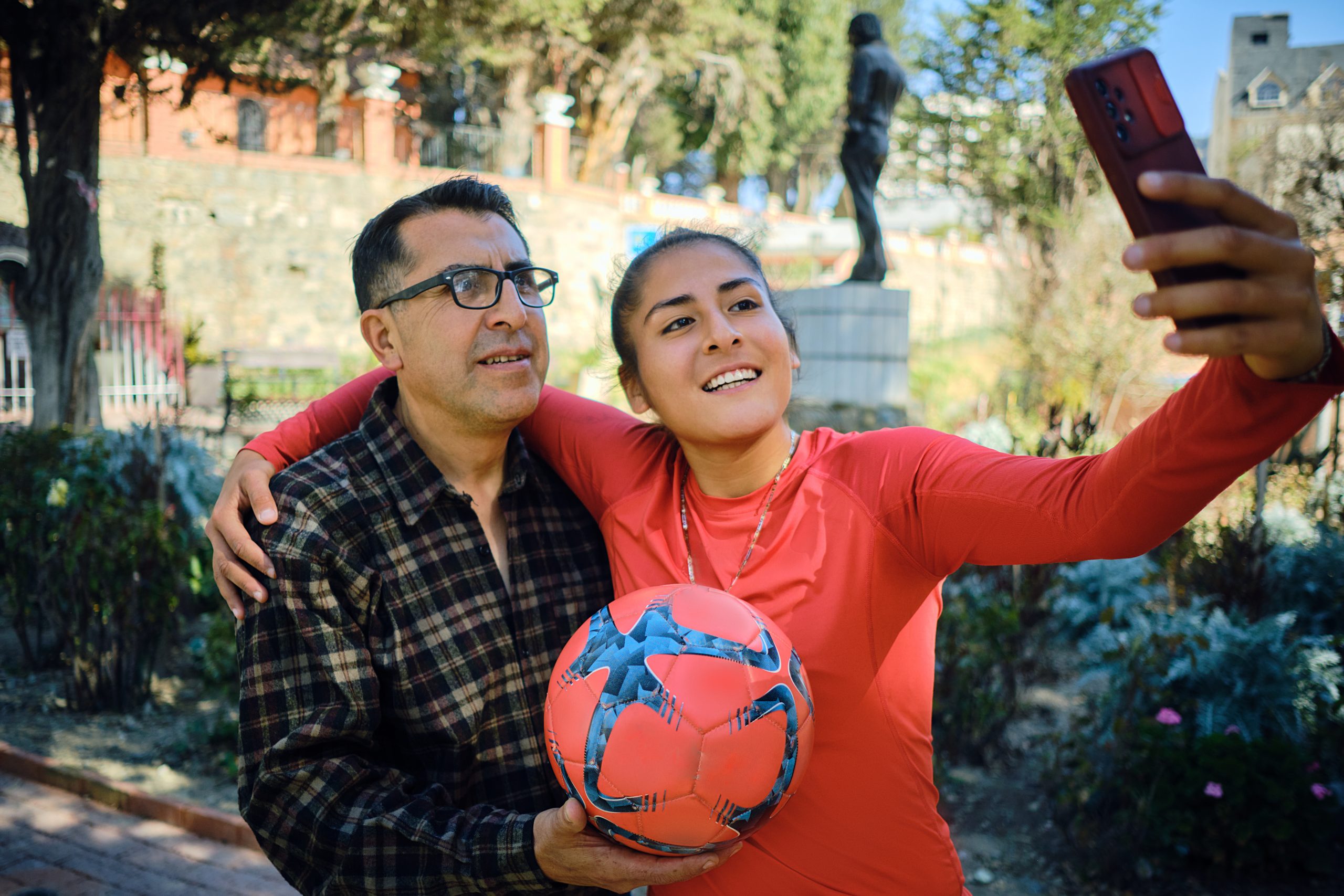It’s the day after results day and hopefully your young person has had some time to start processing things. Their attention may have turned to the next steps, all of which may bring new worries and challenges.

Thinking Traps
Our minds can very quickly fall into what we call ‘negative thinking traps’, even about seemingly positive situations, like positive exam results.
We can all be hard on ourselves at times, especially in a situation like this. Here are three examples that you may notice in yourself or your young person.
- You might notice catastrophising, which means predicting worst-case scenarios about the future and underestimating one’s ability to cope (e.g. “I didn’t get the grades I needed so I’ll never get to do my dream job.”). Remind them that they have coped with lots of challenges before and that the future has many possibilities!
- Many of us find ourselves generalising from one scenario that the same will happen again in similar future scenarios (e.g. “If I found GCSE/A-Levels tough, there’s no way I’ll manage a degree/apprenticeship/job”). Instead, encourage them to ask themselves “am I jumping to conclusions?” Remind them of what they have achieved so far and the things they can achieve in the future.
- It’s also human nature to compare ourselves to others and see them as doing better than we are (e.g. “Everyone else seems to know exactly what they’re doing next and I don’t”). The truth is, we don’t know exactly what others are thinking, feeling, or dealing with 24/7, and everyone goes at their own pace.
We’re more likely to fall into these, and other negative thinking traps when we’re stressed.
Choosing kindness
At a potentially challenging time like this, our inner voice, or thoughts, can become more self-critical and we’re often our own worst enemy. You can remind them that, even though they can’t go back and change things, they can decide how to respond to themselves and the situation – with kindness rather than blame.
Ask your young person to consider what they’d say to you, or a friend, in the same situation. Encourage them to offer themselves the same kindness that they would offer their friend.
If you feel that a young person’s mental health is struggling with the impact of results day, it’s important to remind them that they are not alone. Although it’s not always easy from them to open up, it may be helpful to speak with a GP – they can support and guide them towards longer-term support.
Kooth and The Mix are also available as free, online, chat-based counselling platforms for young people.
We wish you and the young people in your lives all the best with whatever comes next.
Categories
Follow Us
For the latest updates and news, follow us on our social channels.
